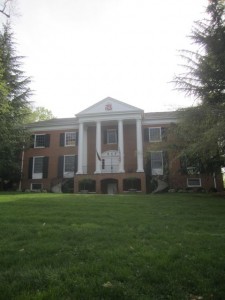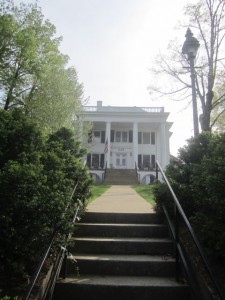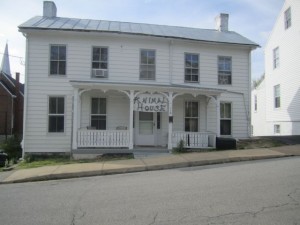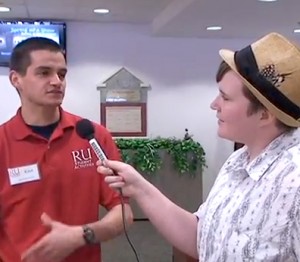RU Speechless?
Freedom of speech and press are fundamental rights guaranteed under the Virginia Constitution, the First Amendment of the US Bill of Rights and Article 19 of the Universal Declaration of Human Rights.
But freedom of speech is often not recognized in the one place where it ought to be respected the most: A college campus in the USA.
Today many universities simply refuse to recognize First Amendment rights until they are forced to do so by a court. At Radford University, where this blog formed the report of a class requested by then-provost Sam Minner, avenues for student expression are strictly limited in ways that are clearly unconstitutional. Continue reading




